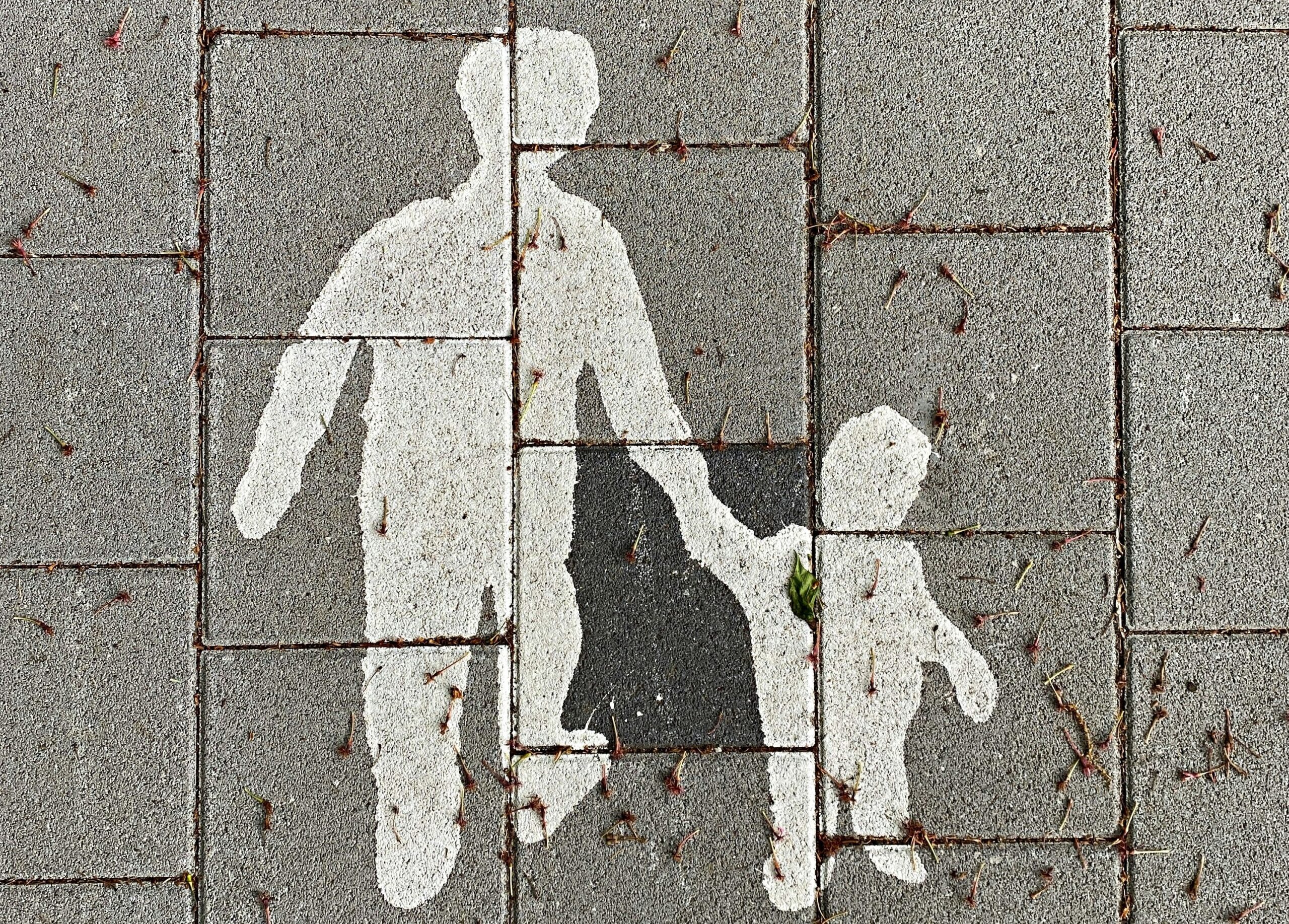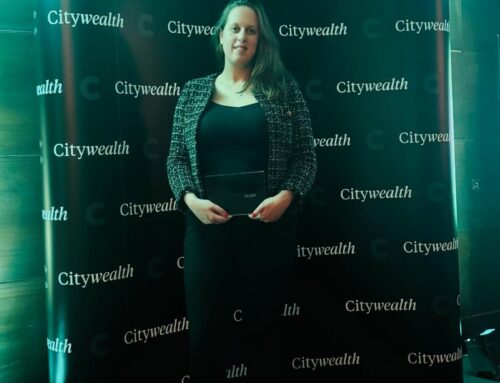Partners Michael Gregory and Michelle Uppal argue that a clearer definition of the term ‘parental alienation’ is needed in family law cases, in an article for Solicitors Journal.
Michael and Michelle’s article was published in Solicitors Journal, 13 May 2024, and can be found here.
The landmark ruling in the case of Re GB (Part 25 Application: Parental Alienation) [2023] EWFC 150 has once again highlighted the need for judicial intervention in parental alienation cases, as well as the failure of the lower courts to protect victims and survivors of domestic abuse. Recent case law has led many experts to question whether it is time to ban the term parental alienation, and for the government to implement needed changes to restore confidence in the Family Court.
Re GB involved two children aged 12 and nine living with their mother following the parents’ separation. The parties had been embroiled in a dispute for over two years, whereby the father was having indirect contact with the children. There had already been an expert assessment where the mother was found not to have a mental health disorder, and according to the assessment the father was ascertained to have “limited insight into his ability to think reflectively and empathetically about his children”, and “elevated scores on narcissistic and histrionic personality, using coercive anger to manage his relationships”. It was recommended that he engage in psychodynamic therapeutic work.
The father accused the mother of alienating the children, who were joined by the appointment of a Children’s Guardian. He sought the instruction of a psychologist which was supported by the Guardian who made the Part 25 application for the instruction of a further expert to undertake a global assessment of the children and parents. It should be noted that the father was represented, as were the children through their Guardian, however the mother attended the hearing in person. The Judge agreed and allowed both the instruction of the expert and the questions that could be asked of them.
It was this order that the mother sought to appeal, securing a direct access barrister. She filed her appeal on the grounds that the Judge was wrong to order a psychological assessment contrary to Re C (Parental Alienation: Instruction of Expert) [2023] EWHC 345 (Fam) and without considering the test of necessity under Part 25 of the Family Procedure Rules 2010, and that the Judge failed to give adequate reasons for ordering it.
The mother’s appeal was successful on all grounds. She proved that the decision of the lower court was wrong due to the procedural irregularity, and that it was a question of fact for the court to determine whether a child is being alienated by one parent, not the role of a psychologist. It was wrong for the expert to provide an opinion on parental alienation.
Experts instructed can be helpful, but regulation remains an issue. The courts are overloaded and there is lack of judicial continuity in most cases with courts unable to cope with the administration required – applications continue to go awry, and hearings are adjourned at the last moment due to lack of judicial availability. This case signals an important shift towards the court retaining control of cases, with the ability to determine fact rather than relying on the opinion of an expert.
The court’s permission is required to appoint an expert, who will be instructed only if it is of the opinion that the expert evidence is necessary to assist in justly resolving the case. The duty of an expert is to help the court within their expertise. These principles were set out by the President only two years before Re GB and Re C, in an October 2021 Memorandum issued to all practitioners and Judges to ensure expert opinion is based on a body of knowledge.
The difficulty lies in the regulation of such experts, particularly as we continue to see an increase in the number of experts claiming to have expertise in parental alienation. The Family Justice Council (FJC) issued interim guidance in May 2022 and a further consultation is underway with updated guidance on responding to allegations of alienating behaviours to be issued later this year. For now, the ACP recommends that the court should identify psychologists registered with Health and Care Professions Council (HCPC) as the only relevant regulated body in the UK.
In terms of what changes the government should be making, there is a body of evidence available within the Ministry of Justice’s Harm Panel Reports and the most recent report by the Office of the Domestic Abuse Commissioner, which make renewed calls for urgent reform. These reports were written ahead of the Commissioner’s monitoring and reporting mechanism pilots and aligns with the President’s objectives for increased transparency within the courts.
The term parental alienation cannot be used by a perpetrator of abuse to challenge contact arrangements, transferring the focus away from them to the other parent; in this particular case, blaming the mother thus perpetrating further abuse. The court facilitated this by validating an unregulated expert rather than relying on findings of fact.
The term remains unhelpful by the fact that it has no single definition. It is well documented both in case law and by the Association of Clinical Psychologists (ACP) UK that the term is not even a diagnosable syndrome, rather a method of manipulation. The Children and Family Court Advisory and Support Service (CAFCASS) states that the term defines “behaviours where one parent or carer expresses an ongoing pattern of negative attitudes about the other parent or carer and have the potential or intention to undermine or even destroy the child’s relationship with their other parent or carer”.
Cases such as these demonstrate the need for precision and for parental alienation cases to be further defined. The ruling in Re GB also raises the further question of whether practitioners should in the meantime be calling for an outright ban on the term parental alienation to avoid abuse of the accusation by one party against the other.
The Family Justice Council’s working group have recently released draft guidance on responding to allegations of alienating behaviour. The guidance has been published to assist the Family Court on this issue. On October 23, Resolution, the organisation representing over 6,500 family lawyers and other family justice professionals have prepared their response to this guidance. Once this consultation ends, it is hoped that change will follow.
Request a Callback
Leave a few details below and one of our team will be in touch to discuss how we can support you with your legal needs. Please note that we cannot offer Legal aid.












